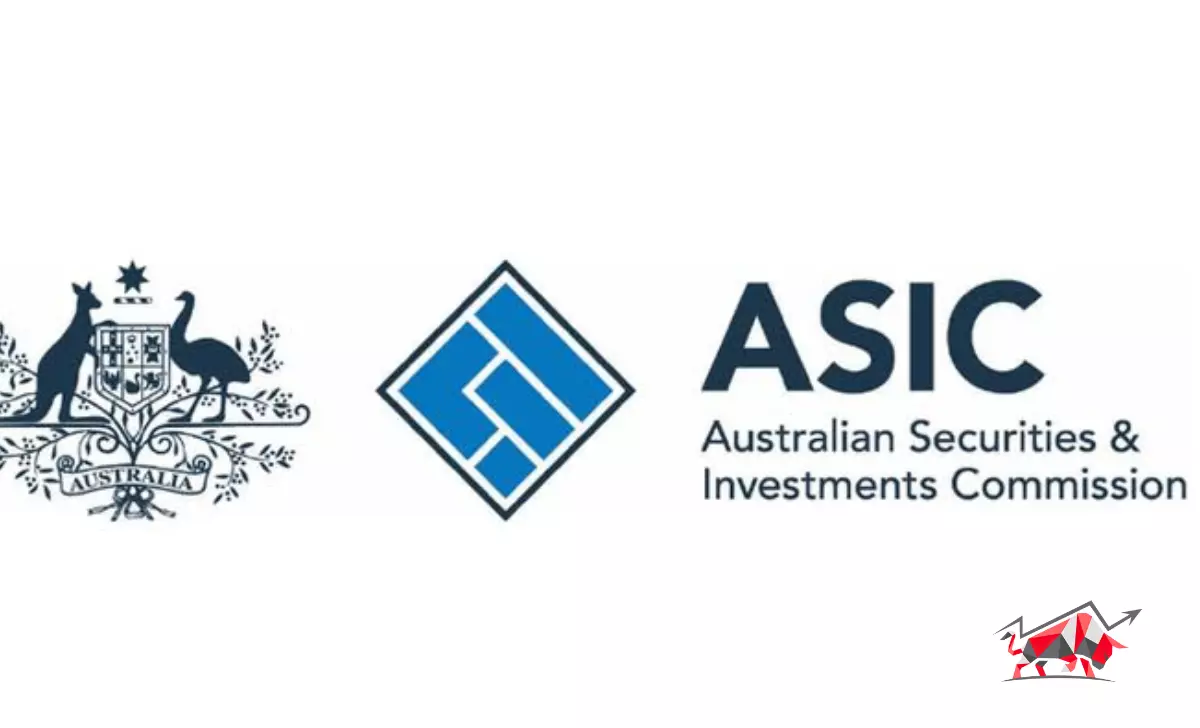The Australian Securities and Investments Commission (ASIC) has taken a decisive step in the aftermath of last year’s FTX collapse, announcing the cancellation of the Australian Financial Services (AFS) license for FTX Australia. Effective from July 14, the ASIC’s decision comes as a result of the crypto exchange’s bankruptcy, which left thousands of retail clients and numerous domestic companies affected.
FTX Australia, a subsidiary of the Bahamas-based exchange FTX, had once boasted an impressive 30,000 retail clients and provided financial services to 132 domestic companies in Australia. However, with the company’s financial troubles mounting, the ASIC had initially suspended its license last November, preventing FTX Australia from dealing in derivative and foreign exchange contracts for both retail and wholesale clients in the country.
In a recent press release on Wednesday, ASIC detailed the process that will follow the license cancellation. FTX Australia will be permitted to offer limited financial services as it winds up its client interactions until July 12, 2024. During this winding-up period, ASIC has urged the company to work towards compensating its affected clients, taking into account the losses incurred during the troubled times.
It’s worth noting that FTX had operated two entities in Australia – FTX Australia and FTX Express. The former was granted the AFS license to provide derivative products to local customers, while the latter was responsible for facilitating fiat-to-cryptocurrency exchanges and vice versa.
Despite the cancellation of its AFS license, FTX Australia’s obligations as a member of the Australian Financial Complaints Authority will remain unaffected. Furthermore, the company will still be required to establish arrangements for compensating its retail clients as per the official statement issued by ASIC.
The regulatory action by ASIC reflects the increasing scrutiny on the cryptocurrency industry in Australia since the FTX implosion last year. The authorities have been vigilant in overseeing crypto exchanges and ensuring customer protection, which resulted in the suspension and eventual cancellation of FTX Australia’s license.
ASIC Crackdown on Cryptocurrency Amid Rising Scams
In response to the escalating concerns over cryptocurrency scams and potential vulnerabilities in the financial system, Australian regulators have taken decisive actions to safeguard investors and gain better visibility into crypto-related ventures.
The Australian Securities and Investments Commission (ASIC) recently initiated measures to combat fraudulent activities in the crypto space without explicitly naming any particular platform. Nevertheless, the move comes as FTX, a prominent cryptocurrency exchange, faced increased scrutiny from regulators. The ASIC’s focus on clamping down on scams has also led to Westpac, one of Australia’s leading banks, imposing a ban on user payments to Binance, another major crypto exchange.
Meanwhile, the Australian Prudential Regulation Authority (APRA) has taken steps to enhance transparency within the banking sector concerning crypto exposure. APRA directed all banking establishments in the country to disclose their involvement with crypto-related ventures and startups. This measure aims to provide regulators with comprehensive insights into the level of exposure the financial system has to digital assets and assess potential vulnerabilities.
In line with the broader regulatory efforts, the Commonwealth Bank of Australia (CBA), the largest bank in the country, made an announcement last month regarding a temporary suspension of “certain” payments to crypto exchanges. The move by CBA comes as part of the newly introduced measures to mitigate risks associated with cryptocurrency transactions.
These actions from the regulatory bodies signify the growing concerns about the potential risks associated with cryptocurrencies and their impact on the financial stability of the country. As the popularity of digital assets continues to rise, authorities are stepping up their efforts to ensure consumer protection and prevent fraudulent activities in the crypto market.


